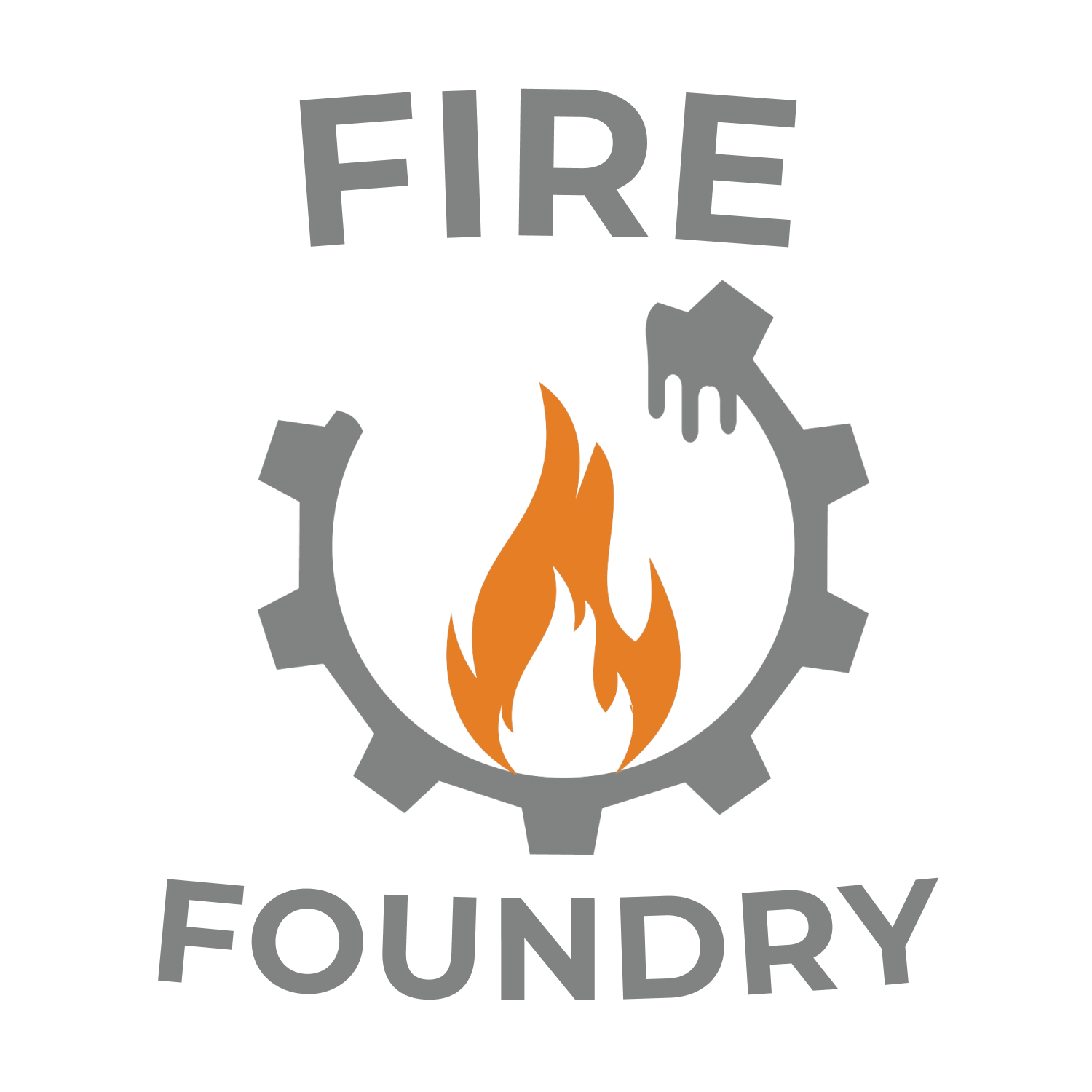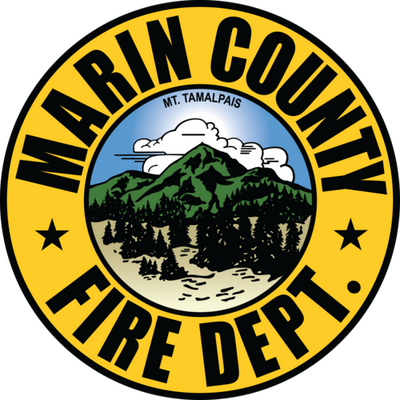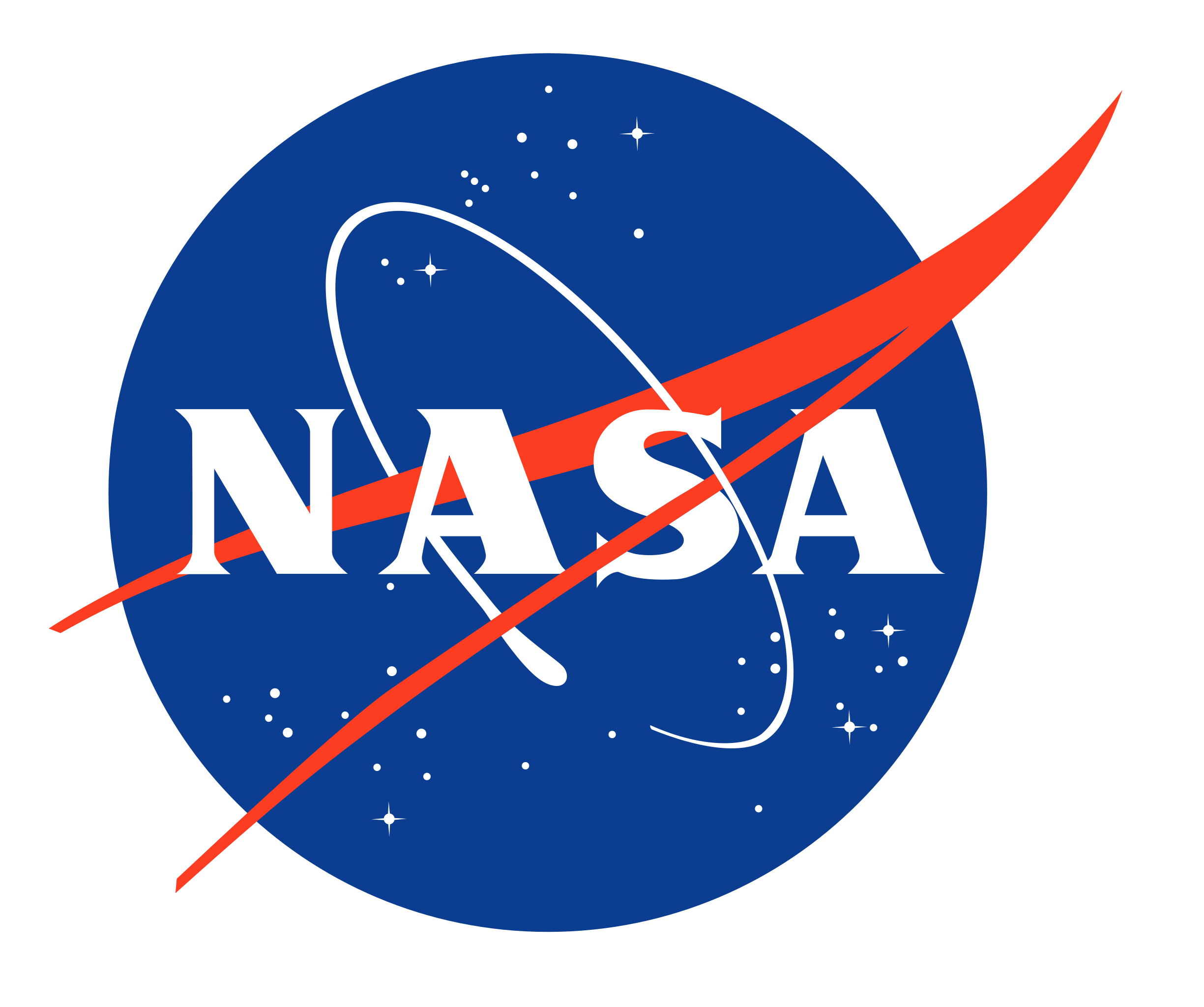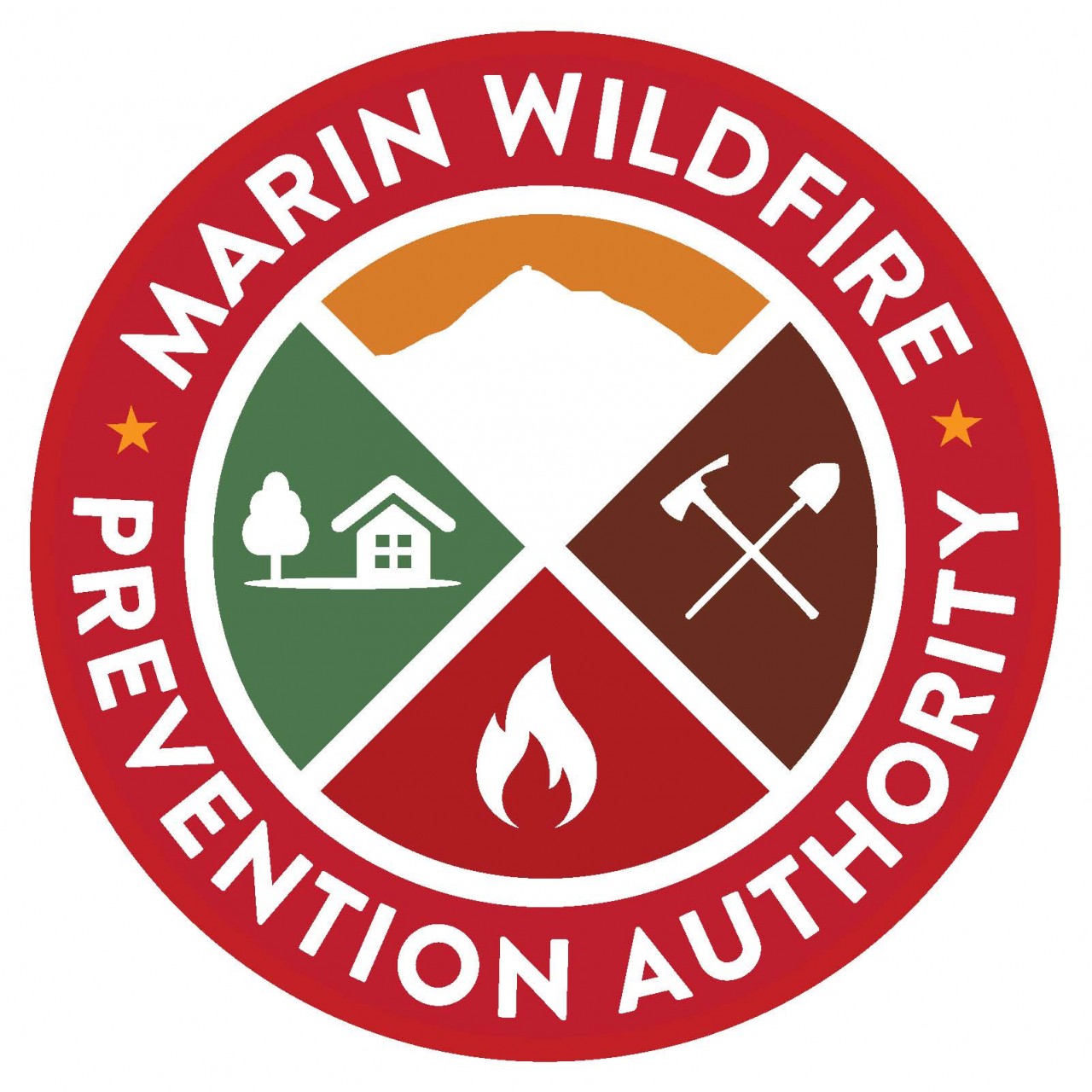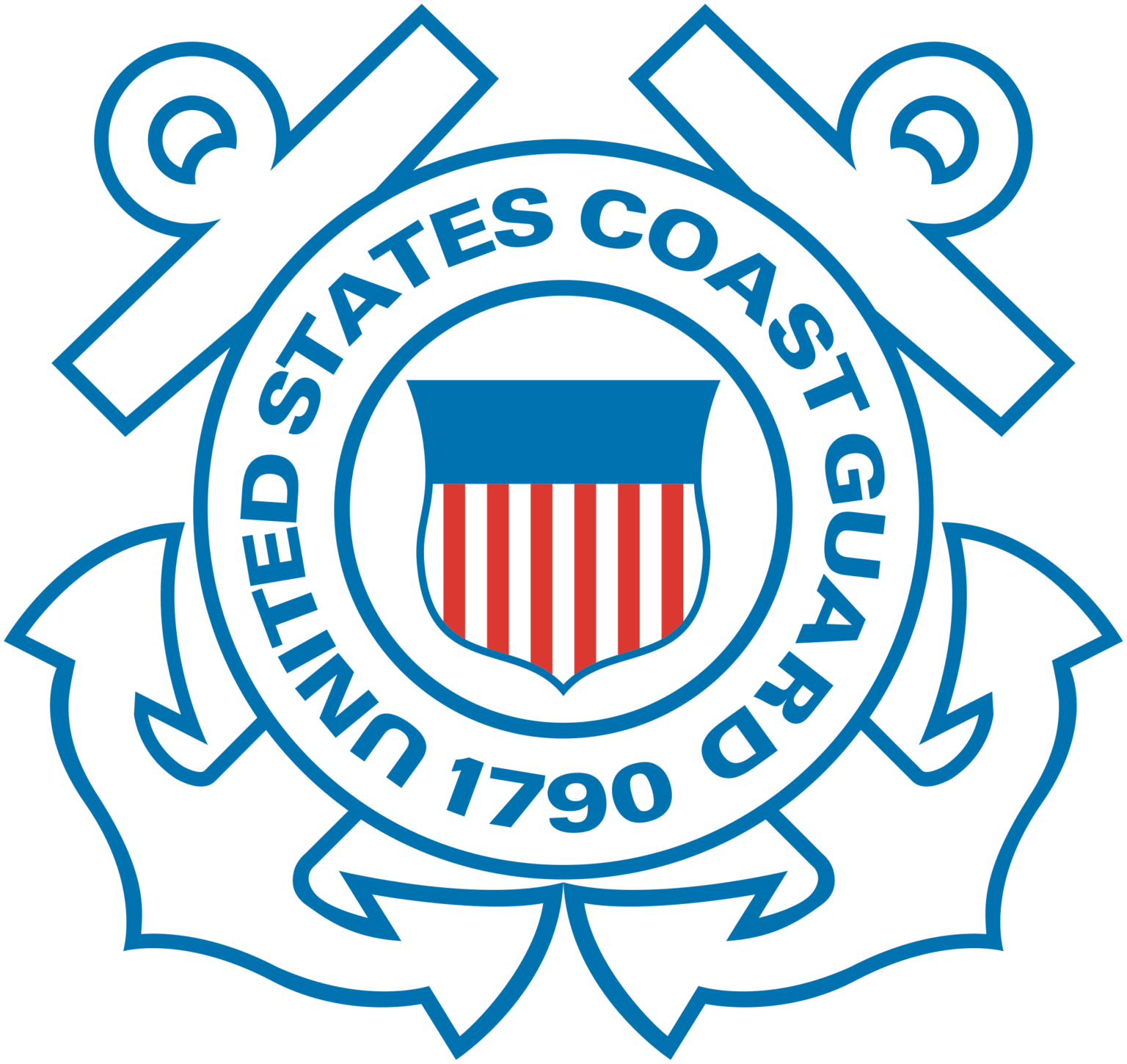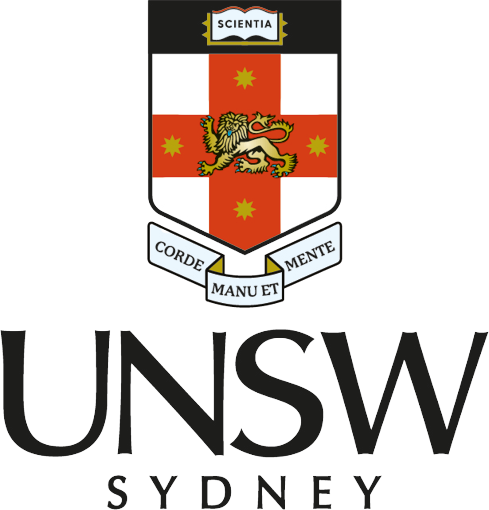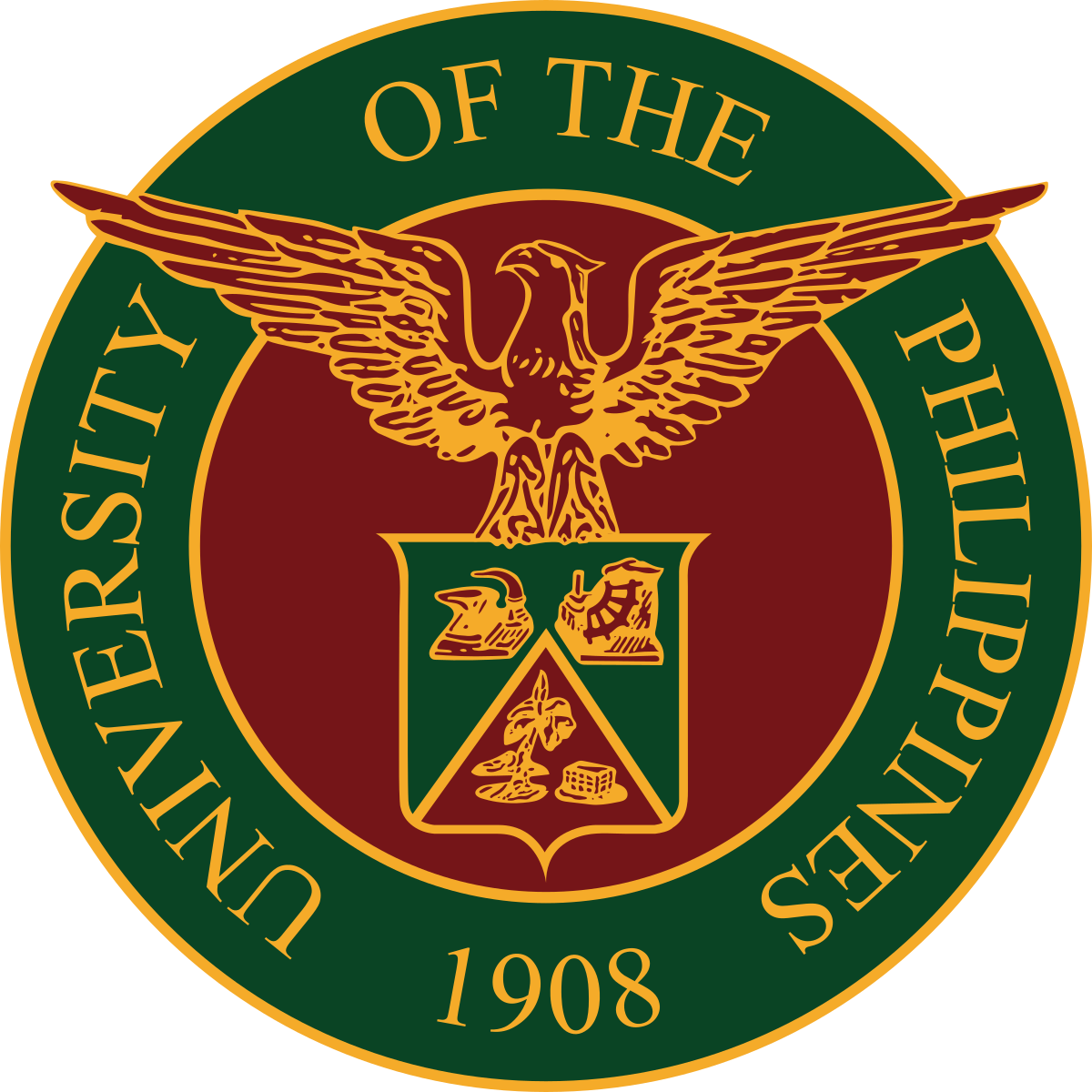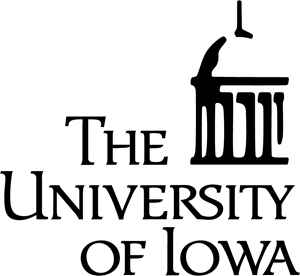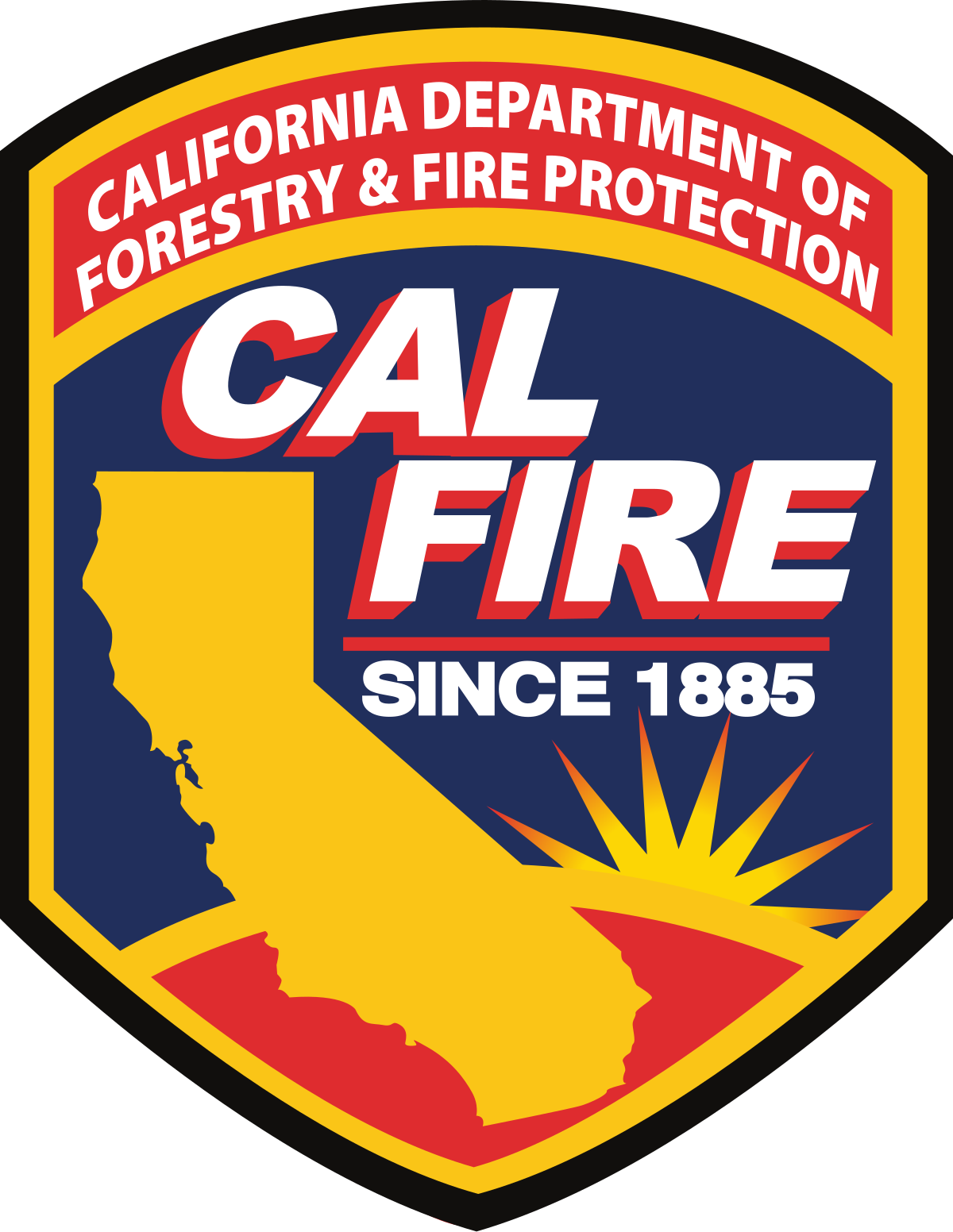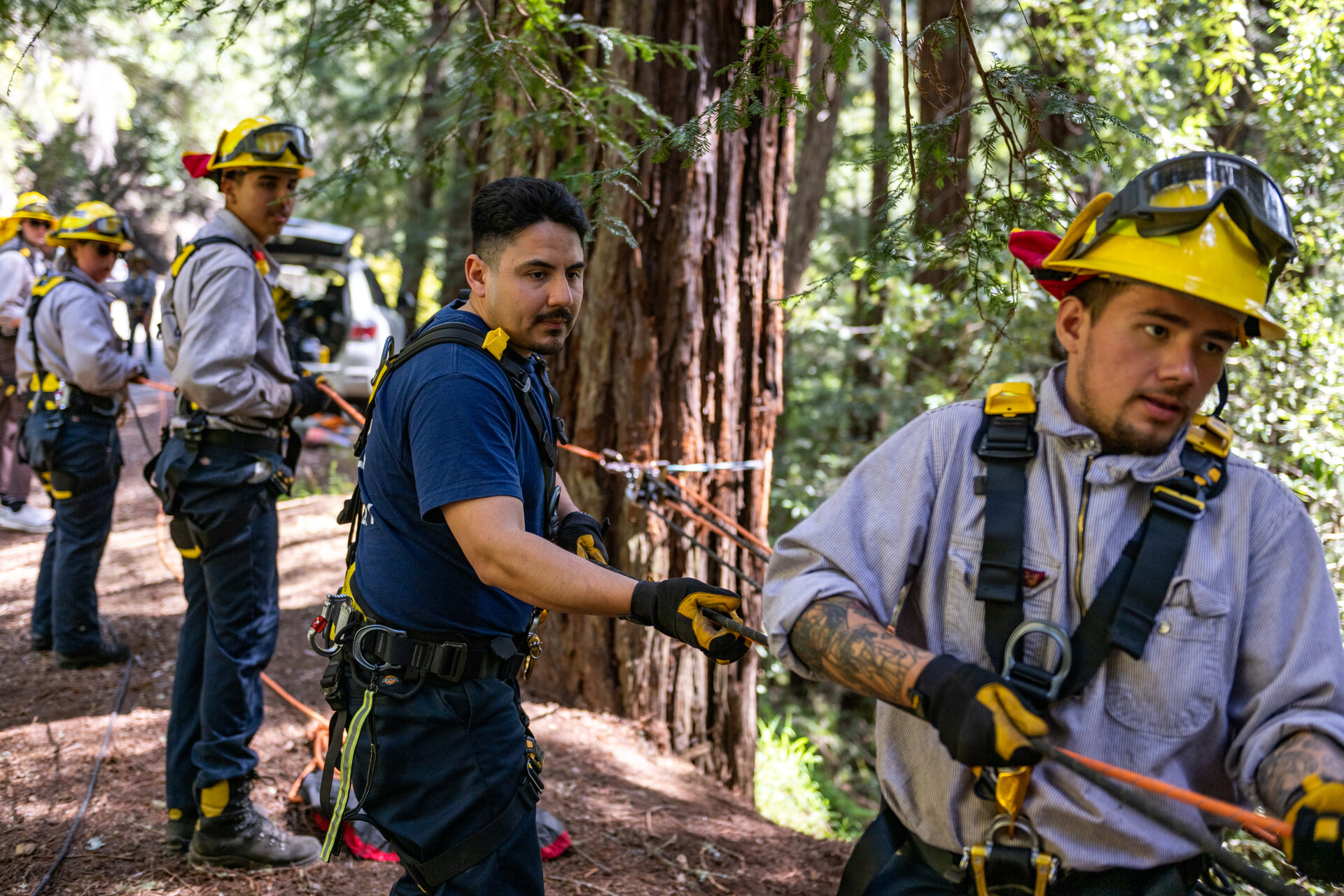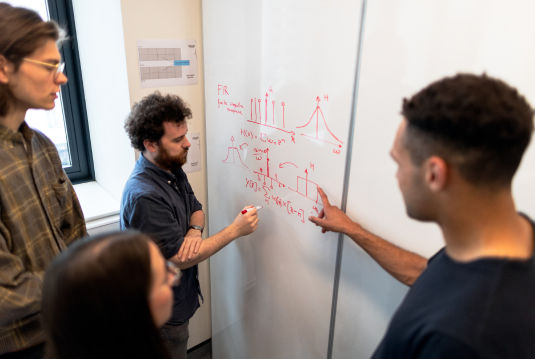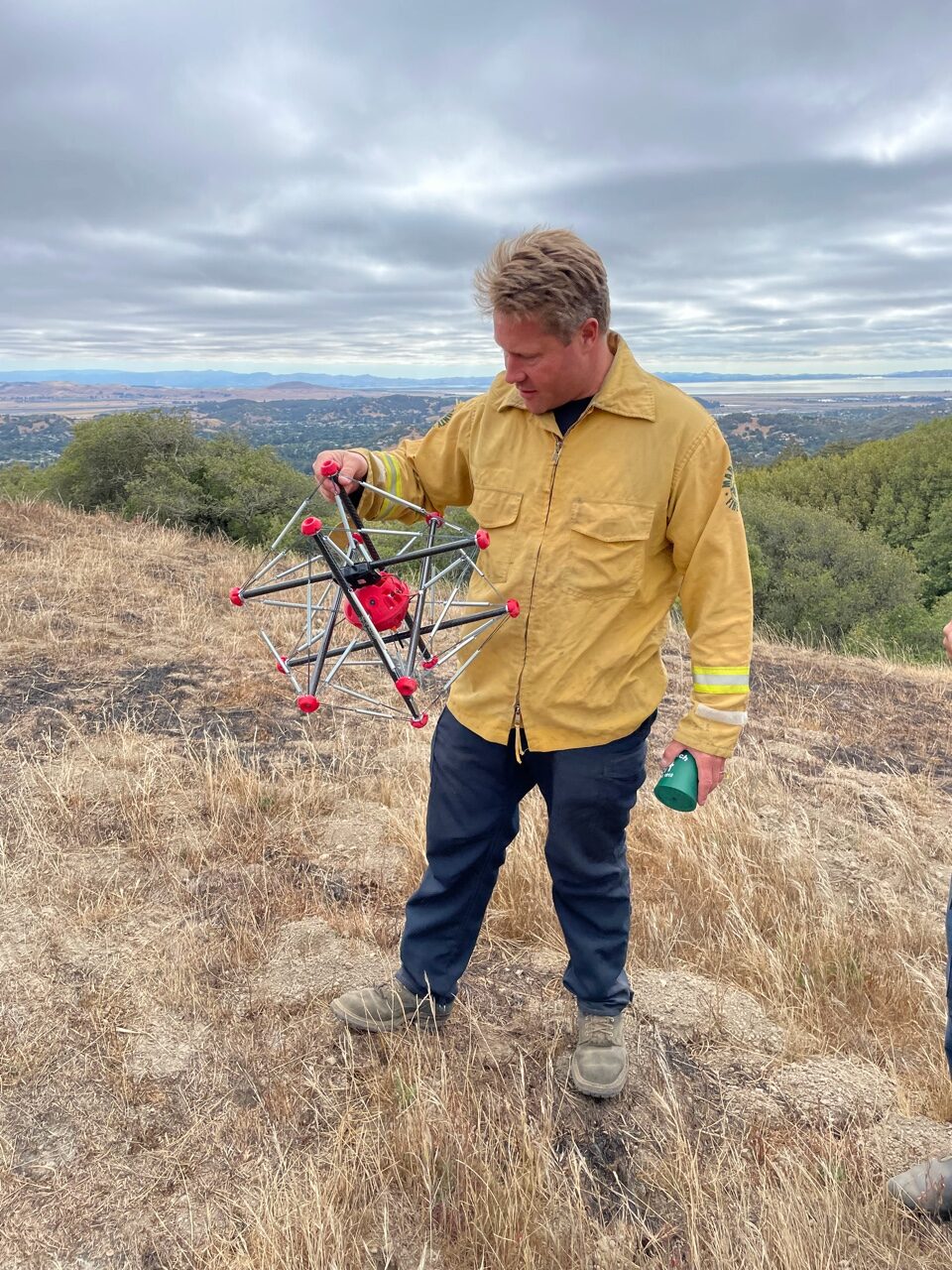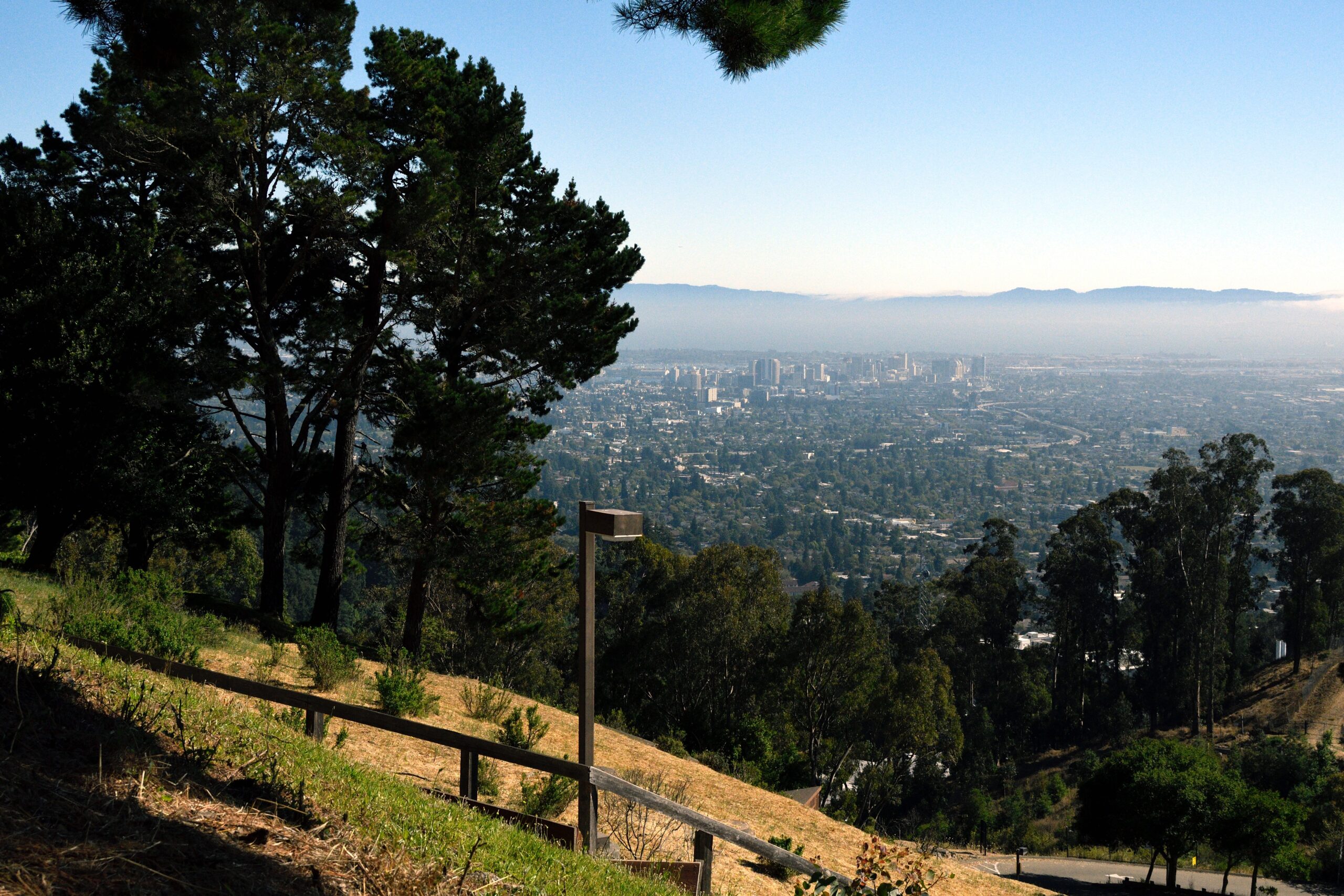The Disaster Lab addresses a range of climate-driven disasters, from wildfires and earthquakes to rising sea levels and pollution. We develop and test innovative technologies for wildfire protection, assess sea level impacts on coastal communities, and create advanced pollution monitoring tools to protect vulnerable populations. Through partnerships with industry, academia, and government, we run pilot programs, conduct research, and evaluate technologies focused on sustainable, equitable disaster prevention. In close collaboration with UC Berkeley’s faculty and labs, we work to meet the needs of first responders and frontline communities, striving to build a resilient future amidst climate challenges.
